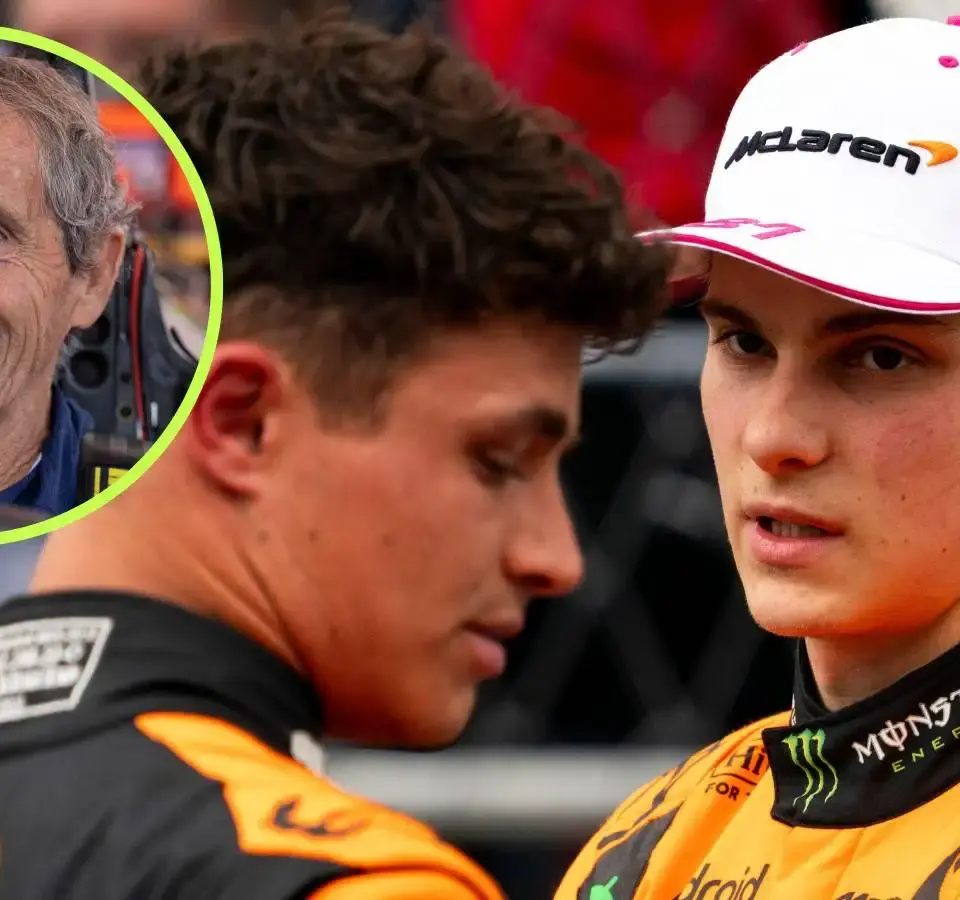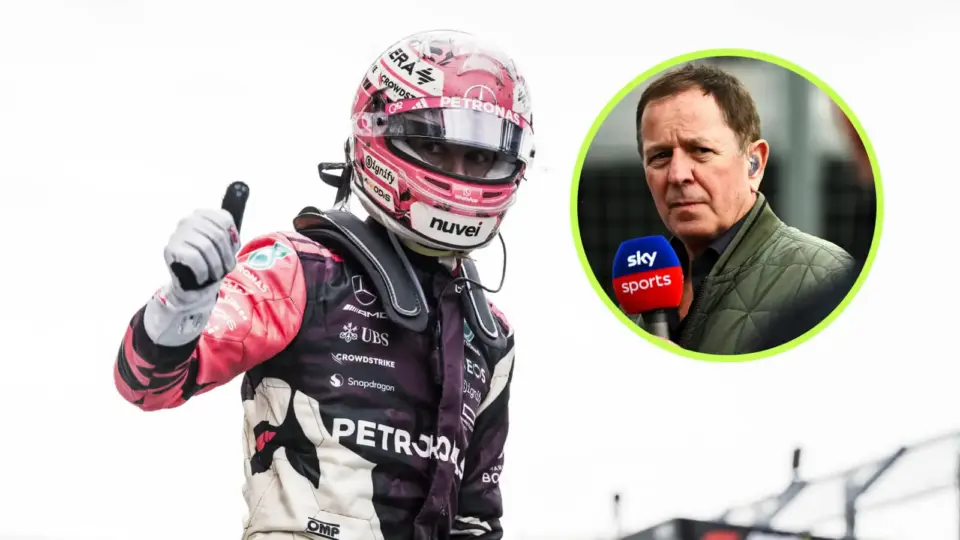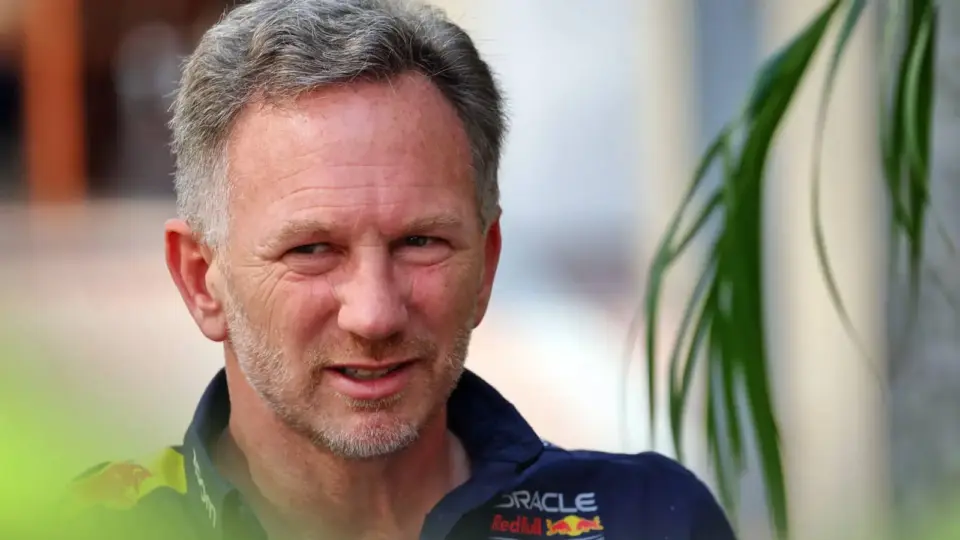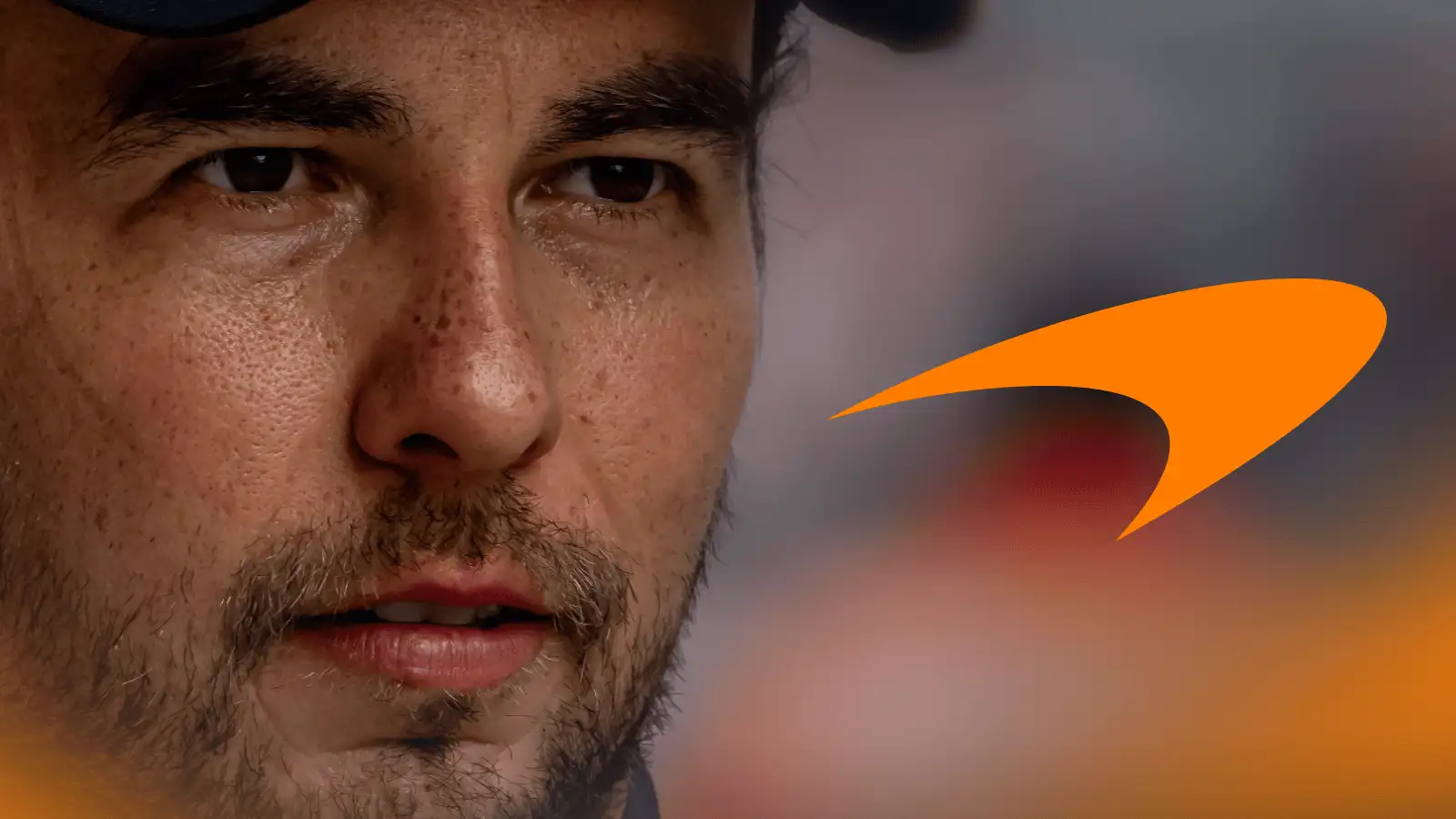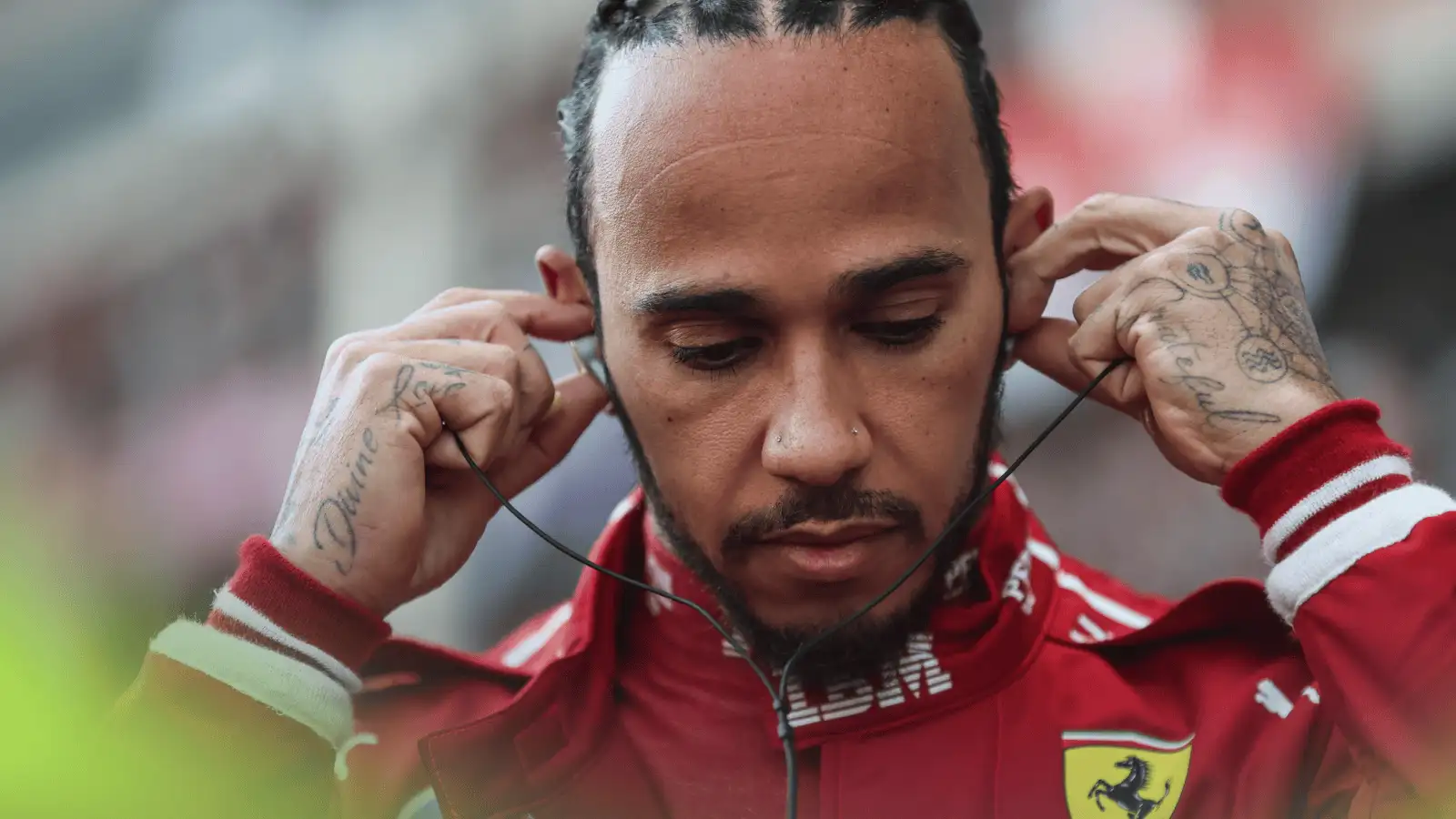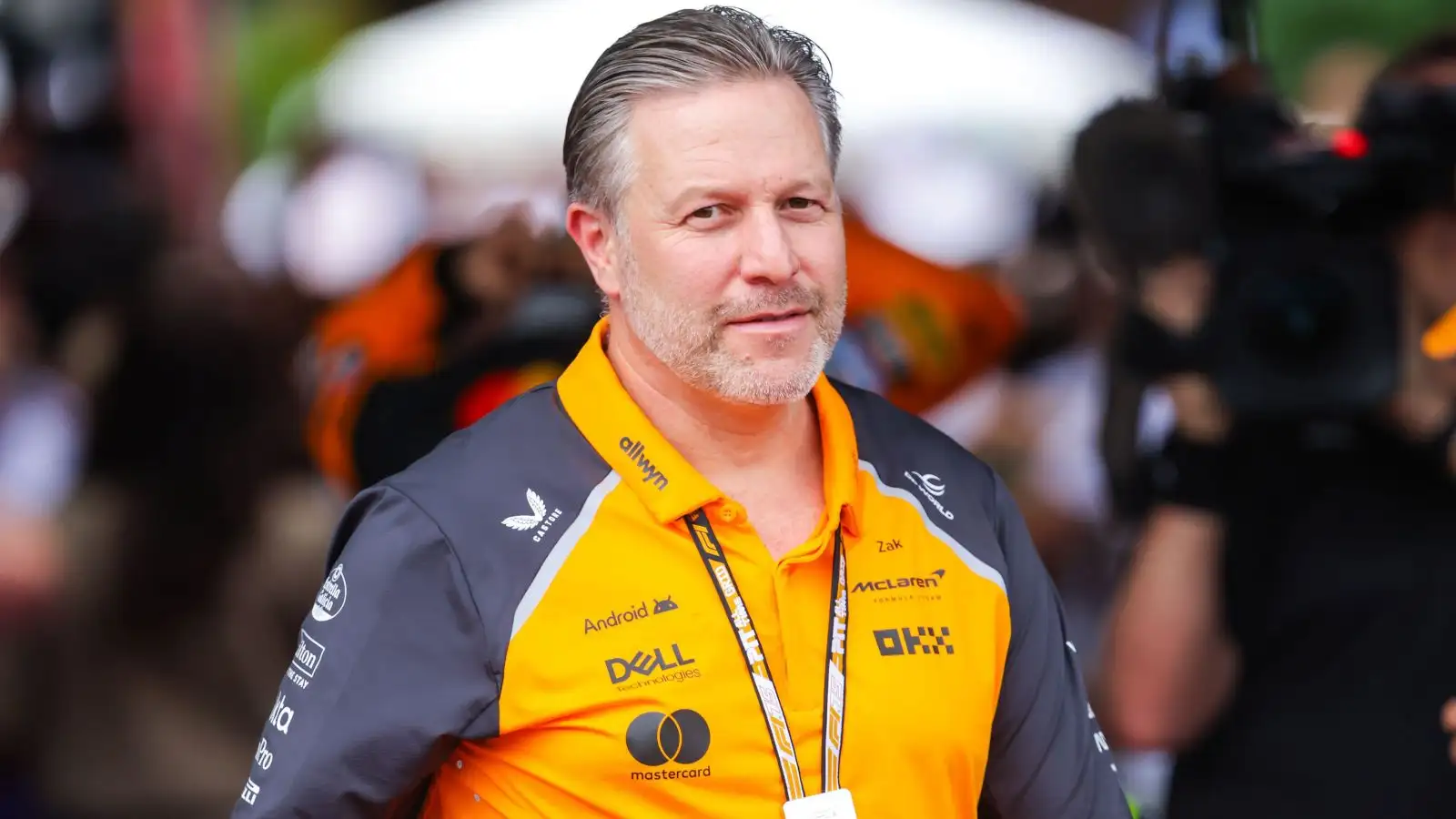As the F1 2025 season heats up, drivers are competing fiercely for the championship title.
- Oscar Piastri’s quiet demeanor might just be his secret weapon against Lando Norris.
- Lando Norris’ openness could give Piastri an advantage, according to F1 legend Alain Prost.
- Alain Prost highlights the psychological aspect of racing as a crucial factor for success.
- Prost’s experience suggests a driver’s personality can influence team dynamics and performance.
In the thrilling arena of F1 2025, the spotlight is fiercely focused on the McLaren team, where Oscar Piastri and Lando Norris are locked in a captivating battle for the championship. Alain Prost, a seasoned voice in motorsport, believes that their contrasting personalities are steering the competition in favor of one driver. Norris, who joined McLaren back in 2019, has been a staple of the team during its quest for greatness. Piastri, on the other hand, has rapidly made a name for himself, with recent performances that have put him in the lead, boasting four wins out of the last five races. This narrative is no stranger to F1, often reminiscent of past intra-team rivalries such as those between Hamilton and Rosberg, or even Prost himself against Senna in the late ’80s.
Prost insists that while physical skill is essential, the mental game is where races are truly won. He notes that today’s constant exposure on social media adds an additional layer of mental pressure on drivers. While Norris embraces the spotlight with an open demeanor, openly discussing his racing experiences and challenges, Prost suggests that this might be a vulnerability. ‘The more you show yourself, the more fragile you become,’ Prost comments, pointing to Norris’ active presence on social media as a potential pitfall.
Prost draws attention to Piastri’s contrasting approach; his reticence is seen as a significant advantage. The Australian driver’s reserved nature allows him to disconnect from the noise between races, reducing external pressures. Prost’s advice to Piastri is succinct: remain silent and maintain that inner focus. The laconic style of Piastri likens him to the understated Kimi Raikkonen, whose calm and collected demeanor earned him the 2007 Championship.
Furthermore, Prost reflects on the impact of team perception, suggesting that Norris’s openness might inadvertently alter the team’s view of him. By openly sharing his thoughts and on-track moments, Norris may be sowing seeds of doubt among his team members, including mechanics and engineers. Prost’s insights echo sentiments from other motorsport commentators like Tom Clarkson, who recognized the influence of Piastri’s manager, Mark Webber, in guiding him through these treacherous waters. Yet, even Webber admits the challenge of deciphering Piastri’s stoic facade.
Ultimately, in this high-speed chess match on the F1 circuit, the psychological battle is proving just as pivotal as the mechanical one. As the season progresses, the question remains whether Norris will heed Prost’s advice and adopt a quieter, more introspective approach, or if Piastri’s consistent discretion will continue to give him the edge in this thrilling race.
The fight for the F1 championship this season is as much about mindset as it is about speed, with the balance between openness and restraint shaping the path to victory.
